West must break Iran’s spidery hold on Hamas
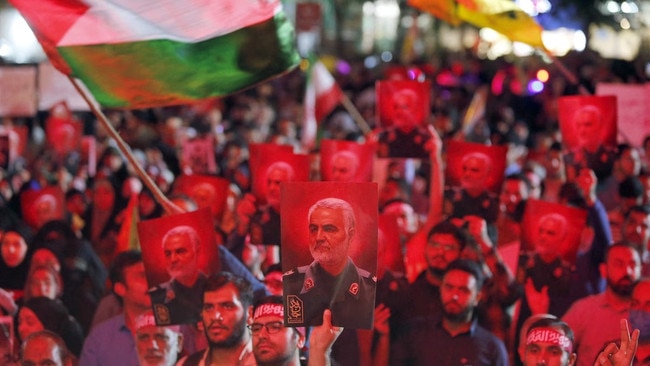
That watchword will probably inform the Israeli bombardment of Hamas infrastructure this week, too. It will be complicated by the hostages that have been taken in the terror group’s raids on Israel. Locating them depends on detailed intelligence work, the kind of street-by-street insider knowledge of Gaza that seems to have corroded over the past few years. The danger is obvious: kill hostages in error, kill civilians or both, have it filmed and edited by Hamas’s videographers and the atrocities committed against Israelis will give way to a narrative that it is in fact Israel that is behaving lawlessly.

It is a familiar pattern, one in which an Israeli punitive counterattack is always painted as cruelly disproportionate. But this complex raid from Gaza is different. Hamas demonstrated it had no inhibitions any more about multiple, sustained and direct assaults against Israelis on Israeli territory. It did so in the manner of the Islamic State, publicly humiliating victims - and its message was clear. Hamas no longer fears Israel. It calculates that Israel is already on the ropes. The three features of Israel that make it such a formidable enemy - a world-class security operation, a battle-hardened warrior class and a society with democratic resilience - no longer seem so fearsome.
The blame-shifting under way in Israel helps support the Hamas case that it is up against a weakened opponent. Shin Bet counterintelligence, Mossad and military intelligence appear to have missed the long months of secret preparation. It could be akin to the 1973 mess-up. Then, the Israelis had bugged some of the most sensitive places in Cairo but the batteries ran dry and were not replaced. Later the head of military intelligence, not wanting to be held to account for the blunder, told Meir that his microphones hadn’t picked up any sign of war planning.
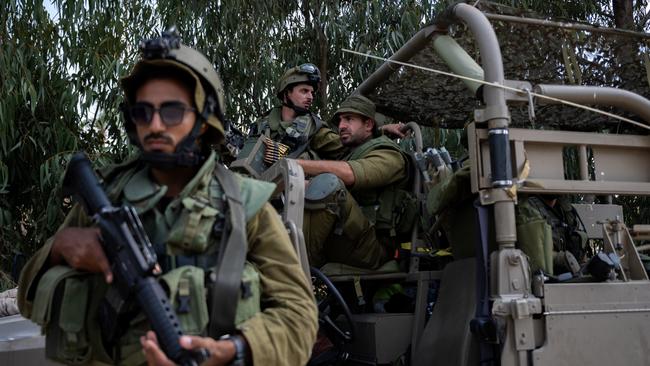
A postwar review will have to apportion blame but one thing is for sure - it is up to intelligence services everywhere to interpret long silences in communications between those in the enemy camp.
In the meantime Mohammed Deif, the military commander of Hamas, dubbed “the guest” because he sleeps in a different flat every night, is being feted for having outwitted Israel.
Hamas may have misread the presence of large numbers of army and air force reservists in street protests against the Netanyahu government’s judicial reforms. Perhaps it thought it was going to be dealing with a divided army in a polarised society. Its barbaric actions have actually unified the Israeli response and may have strengthened Binyamin Netanyahu’s hand in the coalition government. And Hamas probably over-interpreted demands from far-right members of the government for a stronger focus on the settlers’ predicament on the West Bank - it was a government, Hamas may have surmised, that was eyeless in Gaza.
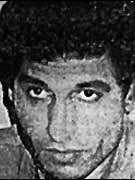
This is a multi-layered crisis that is still playing out but one thing is already clear: the initiative is not now in Deif’s hands nor in those of the Hezbollah chief, Hassan Nasrallah. This is an operation orchestrated by Iran; secret meetings with the head of the Quds Force of Iran’s revolutionary guard have smoothed the way. Plainly Tehran wants to sabotage a US-supported attempt to reconcile Saudi Arabia with Israel. King Saud is committed to the Palestinian cause; his son, Crown Prince Mohammed bin Salman, perhaps less so. Iran, having picked up rumours about the king’s declining health, may have thought this was the moment to kick up trouble.
Despite the Sunni roots of Hamas, there is a sophistication to this operation that suggests an Iranian mastermind: Tehran has decided to take control of the Palestinian cause. The Palestinian president, Mahmoud Abbas, is 87 and the succession struggle on the West Bank is already under way. Iran and Hezbollah monitor the mood carefully (a June 2022 poll showed that 55 per cent of Palestinians supported a return to armed rebellion). Other polling across the region suggests strong popular opposition to peace with Israel, despite a significant number of Arab governments coming closer to diplomatic recognition.
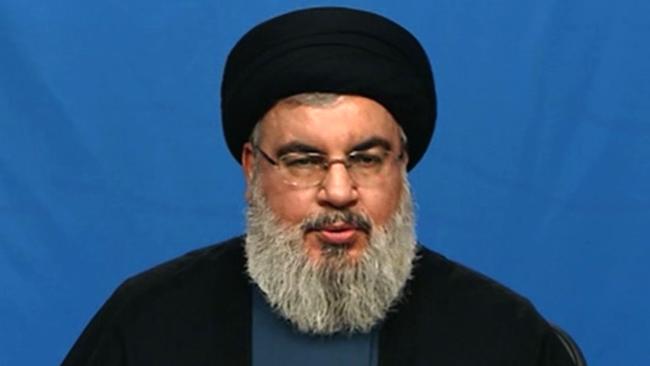
Iran can see the possibilities of siding with the people against the kings and emirs. That means demonstrating Israel can be beaten and arguing that Palestinians need a leadership capable of bringing it about. Tehran has put its money on Hamas. It is counting on the Arab street applauding Hamas’s massacre of Israelis.
The taking of hostages last weekend is what will give Hamas a political afterlife, even if its key offices in Gaza are destroyed. The leadership already has a foothold in Lebanon. Perhaps if it gets too hot the human booty will be shifted to boltholes in Lebanon. Either way, it’s likely to take years before they are freed.
Iran, which has just unlocked billions of dollars of frozen assets from the US in return for the release of five prisoners can, and will, instruct its killers accordingly. Hamas is a criminal as well as a terrorist organisation. As such it is incapable of reform, of reinvention as a democratic entity. It draws its authority only from Iran. That is where western policymaking should be directed: breaking Tehran’s spidery hold on its murderous proxies.



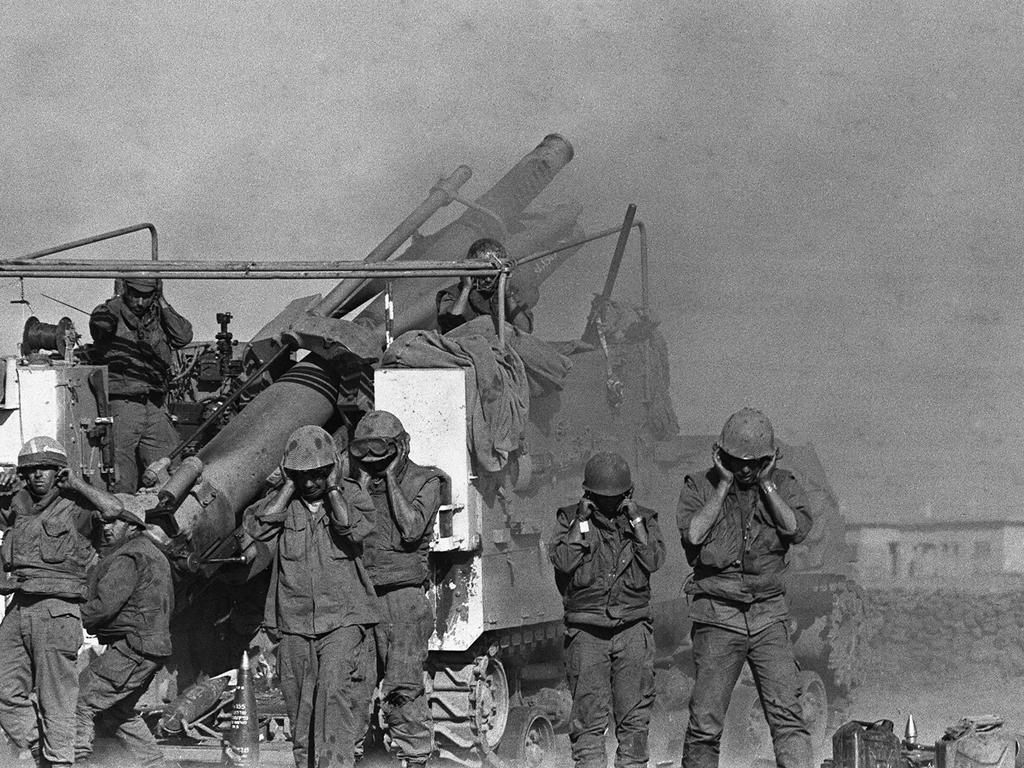



Golda Meir, the doughty Israeli leader, faces a surprise attack from Egypt in the south and Syria to the north. It is October 1973, the holy Yom Kippur holiday, so mobilisation will be difficult; the situation is bleak. “If the enemy stops fearing us,” she says to one of her generals, “they’ll attack again, again and again.”